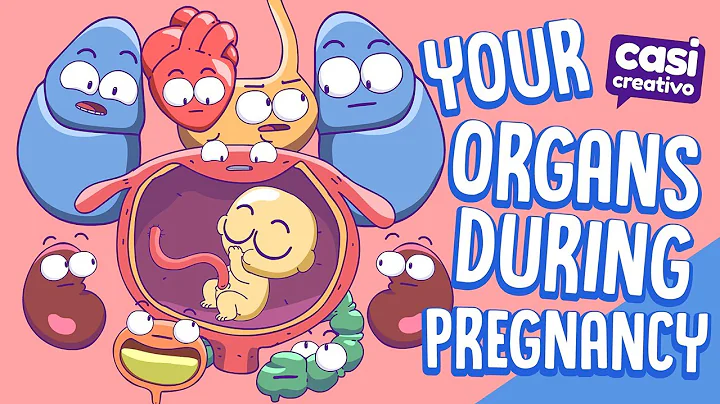From the pregnancy stage to childbirth, it can be said to be the most unique journey in a woman’s life. From a physiological perspective, in addition to the gradual bulging of the belly, the breasts also begin to lactate for postpartum feeding. Pregnant women may also become uncomfortable or have edema in their bodies because the uterus is stretched by the fetus and squeezes other organs. Oxygen also becomes out of breath because it has to be distributed to the fetus. Some pregnant women will also have different physical reactions due to the influence of hormones, such as dizziness, skin texture changes, fatigue, morning sickness and other problems. These physical changes will also affect the psychological state of pregnant women.
However, from a psychological perspective, the inner emotional flow of involuntary pregnancy, uncertainty about whether you are ready to have a baby, and finally pregnancy are very different. Here I will share with you the common negative emotional reactions from voluntary pregnancy to delivery:

Pregnancy period What are the dangers of negative emotions?
Worry: Every stage of pregnancy has different worries for women, such as worry about pregnancy failure, worry about fetal health, fear of the delivery process, whether they are competent in the role of care after delivery, and worries Children's growth and health issues.
Changes in body shape affect self-concept : Some women have lost shape during pregnancy, have acne, itchy skin, redness, edema, stretch marks, etc., causing women to begin to doubt themselves, resulting in low self-concept and even depression. Emotions.
Discomfort during pregnancy and postpartum : Some women are sensitive to the taste of food during pregnancy, and even have severe vomiting reactions, as well as discomfort caused by backache and edema. Postpartum wound discomfort, breast swelling and pain due to lactation or blocked mammary glands, and having to take care of a child at the same time and being unable to have a good rest will all lead to emotional reactions of irritability and depression.
Lifestyle changes : Changes in diet for the health of the fetus, affecting sleep due to pregnancy and feeding the baby, reducing the chance of going out for the health and care of the baby, and personal time is compressed, resulting in emotional reactions of depression and anxiety. .
In addition to the above factors, women during pregnancy and postpartum will also have emotional reactions affected by hormonal changes. Women begin to cultivate their role and responsibilities as mothers during pregnancy. Since the child is connected to the mother's body, this is much earlier than men's psychological preparation. In addition to the changes and challenges experienced in body and mentality. So how can take care of himself in the face of negative emotions? Please see the following categories:
Set yourself up: Supplement health education knowledge during pregnancy and after delivery, especially for new mothers. Ignorance and wrong rumors will cause panic among pregnant women and parturient women. Only by having correct concepts can you settle down well. If you feel anxious or have any concerns, please seek medical advice from an obstetrics and gynecology professional.
Decentralization of responsibilities: Although the child comes out of your belly and birth canal, the responsibility for the child's health and upbringing is by no means solely yours. Distribute the work of caring for the child with your significant other, distribute the care responsibilities equally, and share the time together. The joy of parents also practices being a responsible parent together.
Respite time: From the beginning of pregnancy to after delivery, women are in a state of depression, such as diet control, compression and occupation of time and space, changes in the body, changes in roles, etc. After the emergence of a new life , changes in life occur seamlessly and continuously. It is normal for women to be unable to stand up, so arrange time to rest, leave the baby to trusted relatives and friends, or qualified baby care institutions to help take care of them, and do what they like. Only by doing this can we recharge our batteries and continue on.
Support system: Having a spiritual teammate (significant other) and relatives and friends who can provide psychological support and provide care and assistance is of course a plus for reducing women's stress. Pregnant women and postpartum women can also seek psychological support resources on their own, such as: on-site consultation at community mental health centers, private consultation agencies, maternal care hotlines, joining maternal support community groups, etc. Let’s talk to keep warm. Seek universal empathy to relieve your emotions.





















